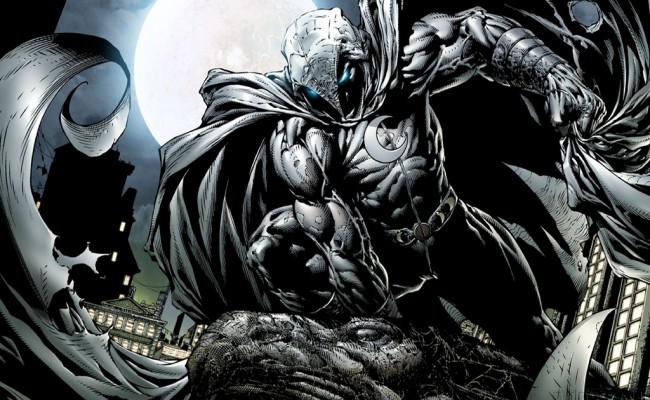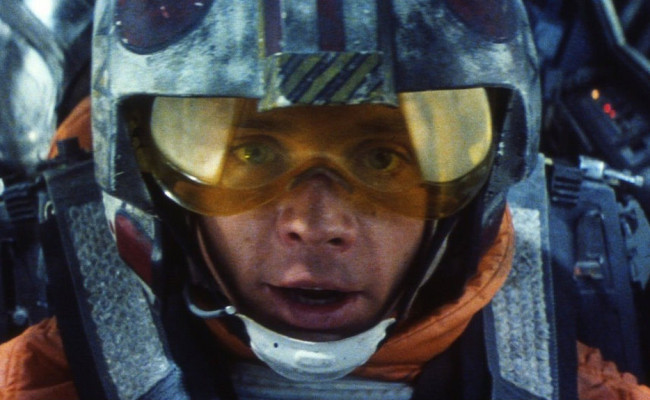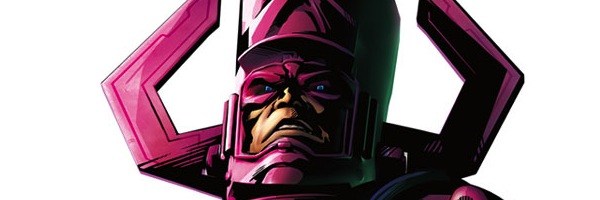 Spider-Man is up there as one of my top three comic book characters (Batman and Alana from Saga are the other two, and Alana edged out Daredevil only recently). Because I was introduced to him via his earlier adventures, I had always understood him to be a stand-in for kids like me, or kids like anybody that reads comics in general because Spider-Man was an outcast.
Spider-Man is up there as one of my top three comic book characters (Batman and Alana from Saga are the other two, and Alana edged out Daredevil only recently). Because I was introduced to him via his earlier adventures, I had always understood him to be a stand-in for kids like me, or kids like anybody that reads comics in general because Spider-Man was an outcast.
Peter came from a poor neighborhood. He was an orphan. He wasn’t into fashion or music, or movies or any other thing that marks a person as being cool. He liked science (nerd!) and amateur photography (artsy nerd!) and, well, not much else.
His super-powers didn’t help make him cooler. Whereas before he was just a poor nerdy orphan, his powers made him into a poor nerdy orphan that also happened to be a neurotic mess. His guilt about his uncle’s death made him feel as if he had to take responsibility for everybody and everything in his life. And the fact that his uncle would have never died had he not gotten his powers made Peter constantly second-guess his worthiness as a man and as a hero.
Unfortunately Peter Parker hasn’t been portrayed as a socially ostracized psychological disaster in a LONG time in the comics. In a lot of recent comics, and especially in his most recent most recent cinematic outing, Peter Parker has tended to be portrayed as being downright cool. He is handsome, tall, tech-savvy, brave and largely free of crippling neuroses. He is, in short, nothing like the Peter Parker Ditko and Lee dreamed up.
And I get it. The character has aged on the page.He’s grown into adulthood and shaken off some of his teenage neuroses. He’s become an Avenger, a married man, a renowned scientist, a teacher…that’s gotta age a guy. But it has aged him away from the things that I related to about the character.
Which is why for the last several years I’ve really appreciated Bendis’ take on Peter Parker in Ultimate Spider-Man. Bendis managed to update Peter while retaining all of the things that I liked about the Ditko/Lee version.
I was so in love with Ultimate Spidey that, when he died, I was touched in a way that I’d never been by a comic death before.
Given how elegantly Bendis and Bagley handled the death of Spider-Man story, I couldn’t see how they could keep going with another character. I thought it was, at best, a bad idea, and at worst, a crass grab for more of my money.
That is until I actually read the new series. At first I thought it was an interesting take, as clever a revamp as the Original Ultimate Spidey was. But as I progressed I began to feel something that I thought might just be hyperbole but has become my definitive position on the Spider-Men.
Miles Morales is the better Spider-Man.
What made Spider-Man so interesting in the beginning were his guilt and neuroses, his simultaneous trepidation and jubilance at his abilities, his discomfort with and enjoyment of his alter-ego, his tenuous family situation, his even more tenuous work situation, and his always-on-the-verge-of-failure personal life.
What I love so much about Miles Morales is how well he fits these traits without being a carbon copy of Peter Parker. Like Peter, Miles’ first forays into adventure resulted in a tragedy that would come to define him. Yet whereas Peter’s guilt made him strive to be ever more responsible, Miles’ guilt carried a sharp edge of fear: was he, deep down, as bad as the uncle he’d inadvertently killed?
Miles is also a cultural outsider in ways that Peter hasn’t been in a long time. His age, for one thing, sets him apart from the adults the run the world and from the superhero community that protects it. Mile’s intelligence, like Peter’s, ostracizes him from his peers (though for Miles that social separation works through the charter school he attends). Miles has problems as Spider-Man as well. He’s initially confused and frightened by his powers and the prospect of using them, the other heroes in the world initially keep him at a distance, and the public rejects him as an insult to the memory of the Original Spider-Man.
 And yes, race is an important part of what makes him work. One of the things that I love about the early Marvel heroes is how well they act as metaphors for the racial, class, and gender tensions that were dividing America in the 1960s. And though we’ve made some social progress, we still live in a country that is deeply divided along lines of race, class, and gender. Miles’ multi-racial heritage opens a space for the comic to examine race while at the same time deepening Miles’ position as a social outcast (one need look no further than the many racist reactions to Miles’ first appearance to see why such an examination is necessary).
And yes, race is an important part of what makes him work. One of the things that I love about the early Marvel heroes is how well they act as metaphors for the racial, class, and gender tensions that were dividing America in the 1960s. And though we’ve made some social progress, we still live in a country that is deeply divided along lines of race, class, and gender. Miles’ multi-racial heritage opens a space for the comic to examine race while at the same time deepening Miles’ position as a social outcast (one need look no further than the many racist reactions to Miles’ first appearance to see why such an examination is necessary).
I adore Peter Parker and I always will. But in recent years he’s lost some of what made him so appealing: the alterity, the neuroses, the pain. What Miles proves is that those qualities are just as captivating now as they were in the 1960s. Bendis has not given us a “new” Spider-Man (or even a “black Spider-Man”). No. He’s given us Spider-Man. Just as he was. Just as he was always meant to be. And for me, Miles Morales is Spider-Man.















S#!T Talking Central